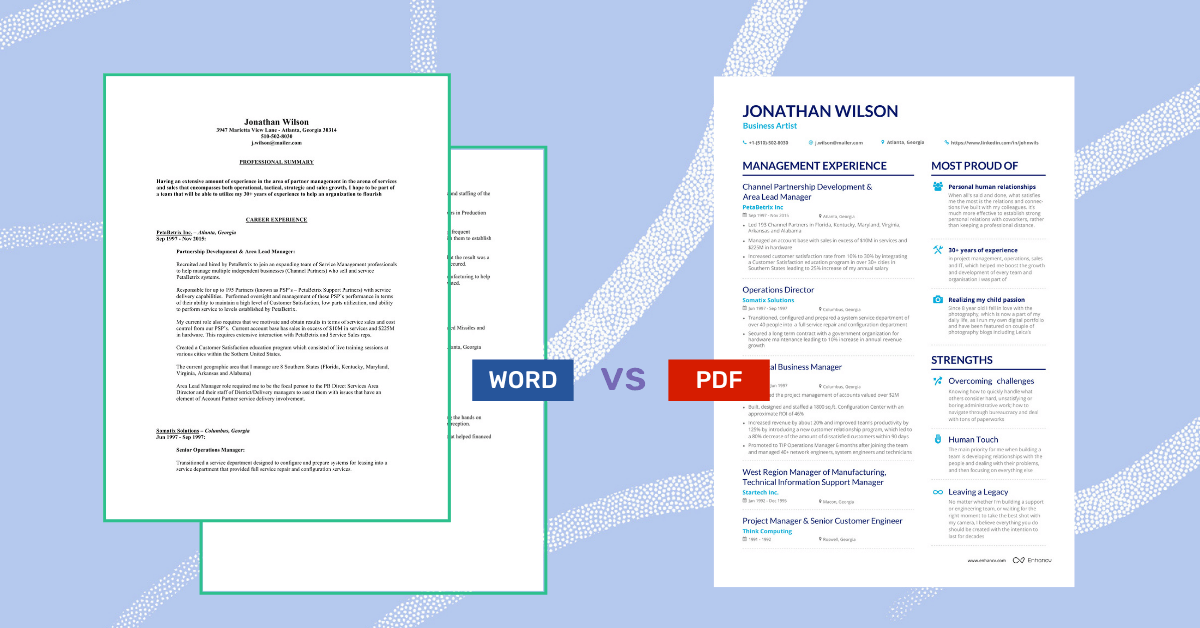Generative AI Explodes: 77.8M Users In Just Two Years, Double The Rate of Tablets
In recent years, the world has witnessed a remarkable surge in the adoption and usage of generative AI. This transformative technology has rapidly gained popularity, attracting an impressive 77.8 million users within a span of just two years. Surpassing the growth rate of tablets, generative AI has captured the attention and imagination of users worldwide.
Generative AI refers to the ability of machines to produce original and creative content such as images, music, or even entire stories. Its remarkable growth can be attributed to several factors, including advancements in machine learning algorithms, increased computing power, and the growing demand for personalized and engaging experiences.
One of the key drivers behind the exponential growth of generative AI is its potential to revolutionize various industries. From creating stunning artwork to composing captivating melodies, this technology offers endless possibilities. It has already found applications in fields like digital marketing, gaming, entertainment, and even healthcare.
In the world of digital marketing, generative AI has become a game-changer. Brands and businesses are leveraging its capabilities to create personalized and highly engaging content for their target audiences. Through the analysis of user preferences and behaviors, generative AI can tailor marketing campaigns to individual consumers, delivering precisely the content they desire. This level of customization not only improves customer satisfaction but also enhances conversion rates, resulting in substantial business growth.
The entertainment industry is also experiencing a transformative shift, driven by generative AI. Movie production studios and streaming platforms are utilizing this technology to streamline their content creation process. With generative AI, scriptwriters can receive suggestions and ideas to enhance their narrative, while visual effects artists can create stunning CGI sequences with ease. This not only saves time and resources but also opens up new avenues for storytelling and audience engagement.
Similarly, the gaming industry is benefiting greatly from generative AI. Game developers now have the ability to generate vast landscapes, intricate levels, and complex characters with incredible detail and realism. AI-powered game characters can adapt and learn from player behavior, making gameplay more immersive and challenging. This fusion of AI and gaming has created a new era of interactive experiences that continue to captivate gamers worldwide.
In the realm of healthcare, generative AI is making significant strides in various areas. Medical professionals are utilizing AI-generated models to aid in diagnosis and treatment planning. For example, generative AI can analyze medical images and provide insights to assist radiologists in identifying abnormalities or potential diseases. This technology also holds promise in drug discovery, where AI algorithms can generate new molecules with specific properties, revolutionizing the development of pharmaceuticals.
However, as with any transformative technology, there are also challenges and ethical considerations associated with generative AI. The issue of ownership and copyright for generated content remains a contentious topic, raising questions about authenticity and artistic integrity. Striking a balance between human ingenuity and AI-generated content is essential to ensure responsible usage and avoid potential repercussions.
The ethical implications of generative AI go beyond copyright concerns. There are concerns about potential biases in the training data that could result in discriminatory or harmful outputs. As the technology continues to advance, it is crucial to address these ethical considerations and establish robust guidelines for its development and usage.
Nevertheless, the exponential growth of generative AI and its increasing user base indicate a promising future for this technology. As its capabilities continue to evolve and improve, we can expect even more groundbreaking applications and innovations in the years to come.
In conclusion, the explosion of generative AI with a staggering 77.8 million users in just two years showcases its immense potential and growing popularity. With the ability to push the boundaries of human creativity and revolutionize various industries, generative AI is undoubtedly a force to be reckoned with. As we navigate the ever-changing landscape of technology, it is crucial to embrace this transformative power responsibly, ensuring a harmonious coexistence between human imagination and AI-generated content.
Read More: Transformative Impact of Generative AI in Digital Marketing






